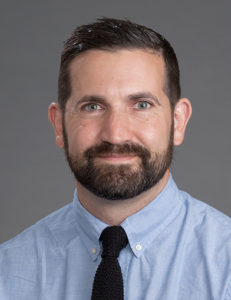
Podcast: Play in new window | Download
Subscribe: Email | | More
This week I sit down with Philip Bugaiski to discuss ocular tracking, reading difficulties and vision therapy.
Dr. Bugaiski was born in New York and first developed an interest in optometry as a result of childhood vision challenges, requiring vision therapy. He studied science as an undergraduate at the Penn State University graduating with honors. He was awarded one of six national scholarships for optometry from the US Air Force. He served his country with distinction. He finished his doctoral work at the State University of New York College of Optometry. He completed fellowships in Synotic Optometry and Vision Therapy. He worked as Chief of Pediatrics and Vision Therapy for a multi-doctor practice until he founded The Developmental Vision Center in Charlotte, North Carolina. He specializes in Vision Development, Vision Therapy, Pediatric Optometry, and Vision Rehabilitation.
Dr. Bugaiski is also North Carolina’s only Fellow of the College of Syntonic Optometry. He is a sought-after guest speaker for various groups on a local, national, and international level.
All too often, children and adults are told that their eyes are healthy, they have 20/20 eyesight or their glasses are the correct power, and there is nothing else to be done. They are told that their reading issues are inborn dyslexia and other reductionistic diagnosis. At The Developmental Vision Center, Dr. Bugaiski looks beyond 20/20 eyesight. His team is there to treat the person, not just their eyes. Vision therapy is a program of progressive visual activities performed under doctor supervision, individualized by a vision therapist to fit the needs of each patient. In a statement, he is treating the child not a diagnostic name.
Please enjoy my conversation with Philip Bugaiski,
Dr. M






















